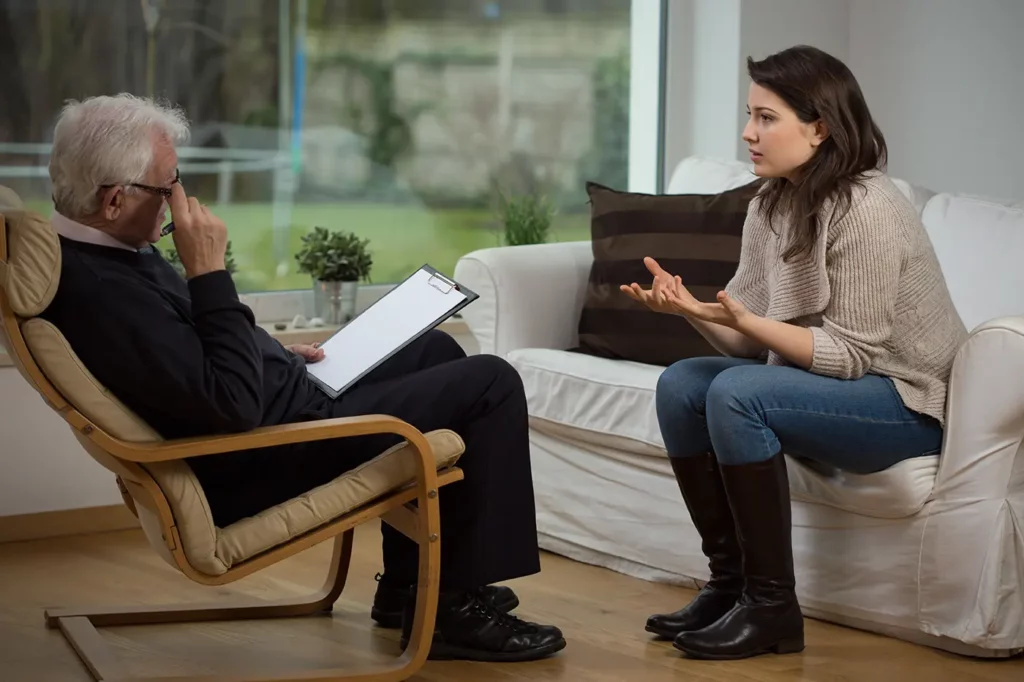24/7 Helpline:
(866) 899-221924/7 Helpline:
(866) 899-2219
Learn more about Medication-assisted Treatment centers in Childs
Medication-assisted Treatment in Other Cities

Other Insurance Options

UMR

Optima
Beacon

Choice Care Network

Oxford

Holman Group

Absolute Total Care

Evernorth

Coventry Health Care

American Behavioral

Health Net

GEHA

Self-pay options

Ambetter

Humana

BHS | Behavioral Health Systems

Providence

ComPsych

Molina Healthcare

Kaiser Permanente







Recovery Centers of America – Bracebridge Hall
Recovery Centers of America – Bracebridge Hall is a substance use disorder treatment center located ...

Gaudenzia
Gaudenzia is located in North East, Pennsylvania. Gaudenzia addresses the needs of chemically depend...



















































































































































































































Al Anon and Al Ateen
Al Anon and Al Ateen is a non-profit rehab located in North East, Maryland. Al Anon and Al Ateen spe...



























































